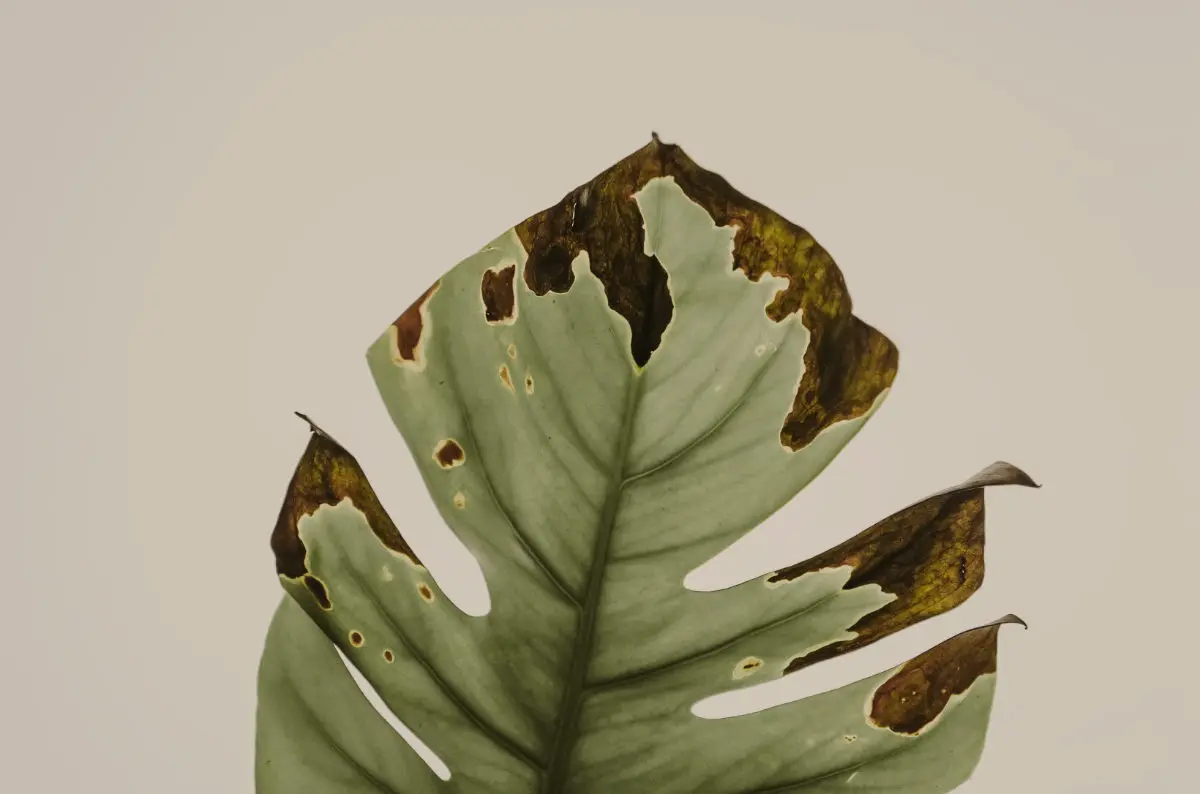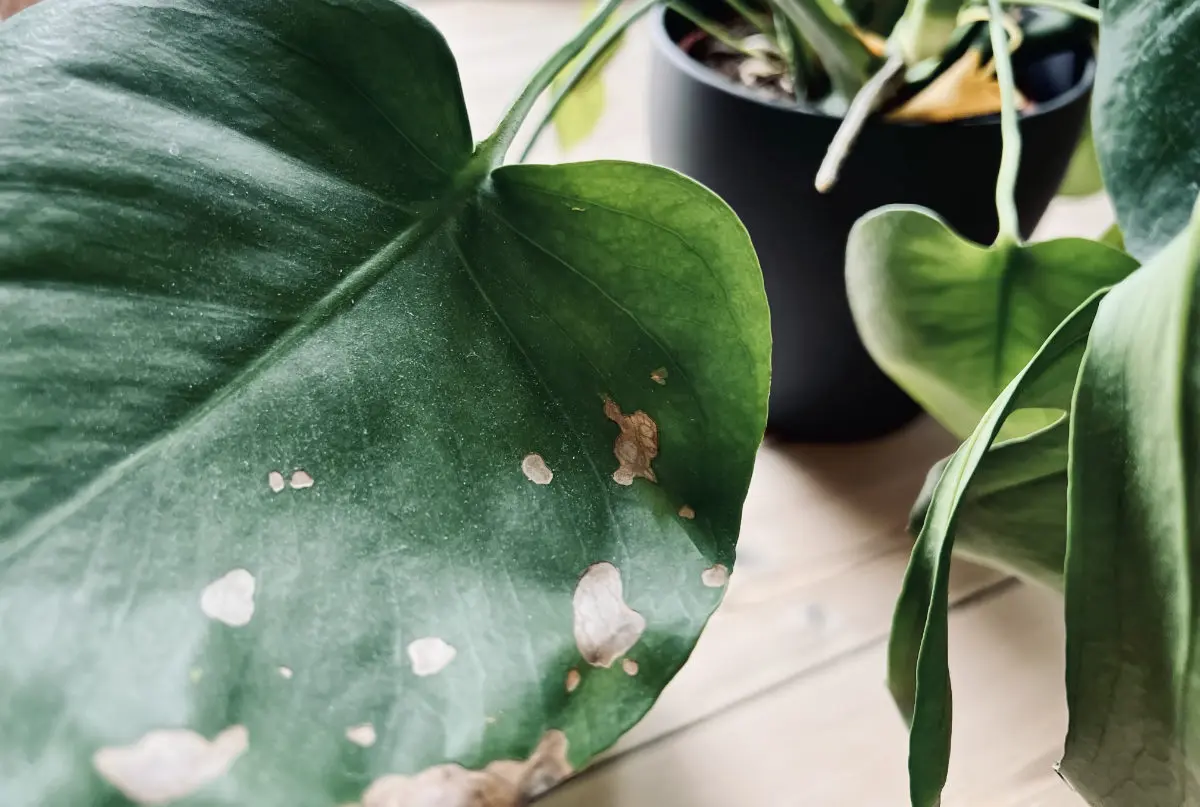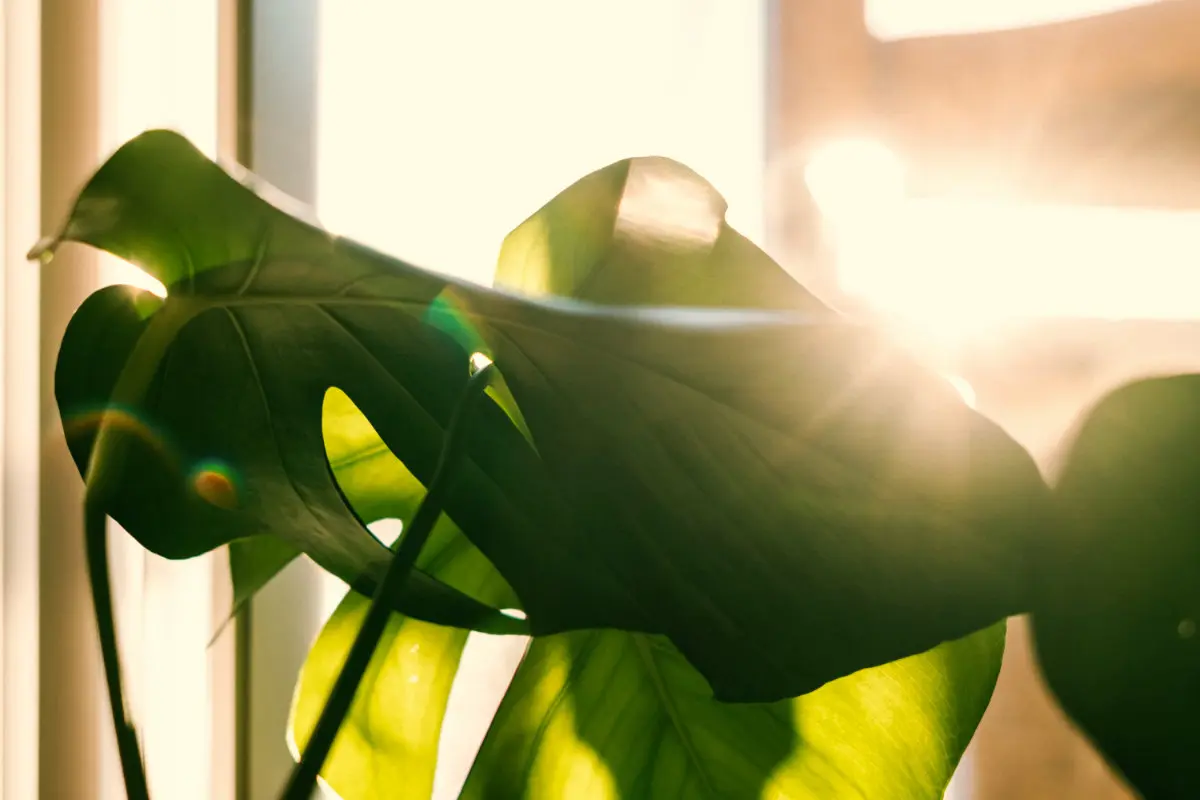Why Your Monstera Isn’t Growing: A Troubleshooting Guide
If your monstera isn't growing, there are a lot of potential reasons why. From improper watering to too much light, this article covers everything you need to know to troubleshoot your monstera's growth problems and get it back on track.
By Tobias Holm
Is your Monstera plant not living up to its full potential?
We've all been there.
Monstera plants are known for their stunning foliage and vibrant growth, but sometimes they can hit a roadblock. If you're scratching your head wondering why your Monstera isn't thriving, you've come to the right place.
In this article, we'll explore the common reasons why your Monstera might be struggling and provide you with troubleshooting tips to help get your plant back on track. From inadequate lighting to improper watering techniques, we'll cover it all.
Whether you're a seasoned plant parent or just starting your green thumb journey, this guide will equip you with the knowledge and tools needed to restore your Monstera's vitality.
So, let's dive in and discover how to troubleshoot Monstera growth and get your plant flourishing once again.
Signs of a Healthy Monstera Plant
Before we dive into troubleshooting Monstera growth, it's essential first to understand the signs of a healthy plant.
A thriving Monstera will exhibit certain characteristics that indicate its overall well-being. First and foremost, the leaves should be lush, green, and glossy. They should also appear firm and turgid, indicating that the plant is adequately hydrated.
Additionally, a healthy Monstera will have new growth, with leaves unfurling regularly.
If your Monstera exhibits these signs, it's likely doing well. However, if you notice any abnormalities or signs of distress, it's time to investigate further.
Common Problems with Monstera Growth
Monstera plants can face a variety of growth-related issues that hinder their overall health. Here, we'll explore some of the most common problems and their underlying causes.
Insufficient Sunlight
One of the primary reasons why Monstera plants struggle to thrive is insufficient sunlight.
Monstera plants are native to tropical rainforests and are accustomed to bright, indirect light. Lack of proper lighting can result in stunted growth, pale leaves, or even leaf drop.
If you're keeping your Monstera in a low-light area, it's time to make some changes. Move your plant to a spot where it can receive bright, indirect light for at least 6-8 hours a day.
Avoid placing it in direct sunlight, as this can scorch the leaves. If natural light is limited in your home, you can supplement with artificial grow lights to provide the necessary brightness.
Overwatering or Underwatering
Watering is a crucial aspect of Monstera care, and it's easy to make mistakes.
Overwatering can lead to root rot, while underwatering can cause dehydration and stress. To ensure optimal growth, it's important to strike the right balance.
The frequency of watering depends on various factors, such as the size of your pot, the type of soil used, and the humidity levels in your environment. A general rule of thumb is to allow the top inch of soil to dry out between waterings.
When watering, make sure to provide enough water so that it drains out of the pot's drainage holes. This ensures that the roots receive adequate hydration without sitting in waterlogged soil.
Poor Drainage
Proper drainage is essential for Monstera plants.
If your plant is sitting in waterlogged soil, the roots can suffocate and develop root rot. Inadequate drainage can be caused by using the wrong type of soil or a pot without drainage holes.
When repotting your Monstera, make sure to use a well-draining soil mix that allows excess water to flow freely. Additionally, choose a pot with drainage holes to prevent water from pooling at the bottom.
If you notice that your current pot doesn't have drainage holes, consider transferring your Monstera to a more suitable container.
Nutrient Deficiencies
Another reason why your Monstera might not be thriving is nutrient deficiencies.
Monstera plants require specific nutrients to support healthy growth and development. Common nutrient deficiencies in Monstera plants include nitrogen, phosphorus, and potassium deficiencies.
Signs of nutrient deficiencies can manifest as yellowing leaves, stunted growth, or weak stems.
To address nutrient deficiencies, you can use a balanced fertilizer formulated for houseplants. Follow the instructions on the fertilizer packaging, and be mindful not to over-fertilize, as this can cause fertilizer burn.
Pests and Diseases
Monstera plants are susceptible to pests and diseases, which can hinder their growth and overall health.
Common pests that can affect Monstera plants include spider mites, mealybugs, and scale insects. These pests can cause yellowing leaves, leaf drop, and even plant death if left untreated.
Additionally, fungal diseases such as root rot and leaf spot can also impact Monstera growth.
To prevent and treat pest infestations, regularly inspect your plant for any signs of pests and take appropriate measures, such as using insecticidal soap or neem oil.
For fungal diseases, ensure proper watering practices and improve air circulation around the plant.
Pruning and Training Techniques
Pruning and training your Monstera can promote healthier growth and a more aesthetically pleasing appearance.
Pruning helps remove dead or damaged leaves, encourages new growth, and improves overall plant shape. When pruning your Monstera, use clean, sharp pruning shears to make clean cuts just above a node.
Additionally, you can train your Monstera to climb or trail by providing support such as a moss pole or trellis. Training your Monstera not only enhances its visual appeal but also encourages upward growth and larger leaf development.
Troubleshooting Tips for Monstera Growth Issues
Now that we've covered the common problems with Monstera growth, let's discuss some troubleshooting tips to help you address these issues effectively. Here are some actionable steps you can take to promote healthy Monstera growth:
- Evaluate lighting conditions: Ensure your Monstera is receiving enough bright, indirect light. Consider adjusting its placement or supplementing with artificial grow lights if needed.
- Fine-tune watering practices: Monitor soil moisture levels and adjust your watering frequency accordingly. Allow the top inch of soil to dry out before watering again.
- Improve drainage: Repot your Monstera using a well-draining soil mix and a pot with drainage holes to prevent waterlogging.
- Address nutrient deficiencies: Use a balanced houseplant fertilizer to provide essential nutrients to your Monstera. Follow the instructions on the fertilizer packaging for proper application.
- Combat pests and diseases: Regularly inspect your Monstera for signs of pests or diseases. Treat any infestations promptly using appropriate methods or consult a professional if needed.
- Prune and train your Monstera: Regularly prune your Monstera to remove dead or damaged leaves and shape the plant. Consider training your Monstera to climb or trail for added visual appeal.
By implementing these troubleshooting tips, you'll be well on your way to reviving your Monstera's growth and ensuring its long-term health and vitality.
Conclusion
We have covered various reasons why your Monstera might not be thriving and provided troubleshooting tips to help you address these issues effectively.
From inadequate sunlight and improper watering to poor drainage and nutrient deficiencies, each problem has been discussed in detail, along with actionable steps to resolve them.
By following these troubleshooting tips and giving your Monstera the care it needs, you'll be on your way to restoring your plant's vitality and witnessing its stunning growth once again.
So, embrace your green thumb and let your Monstera thrive!


